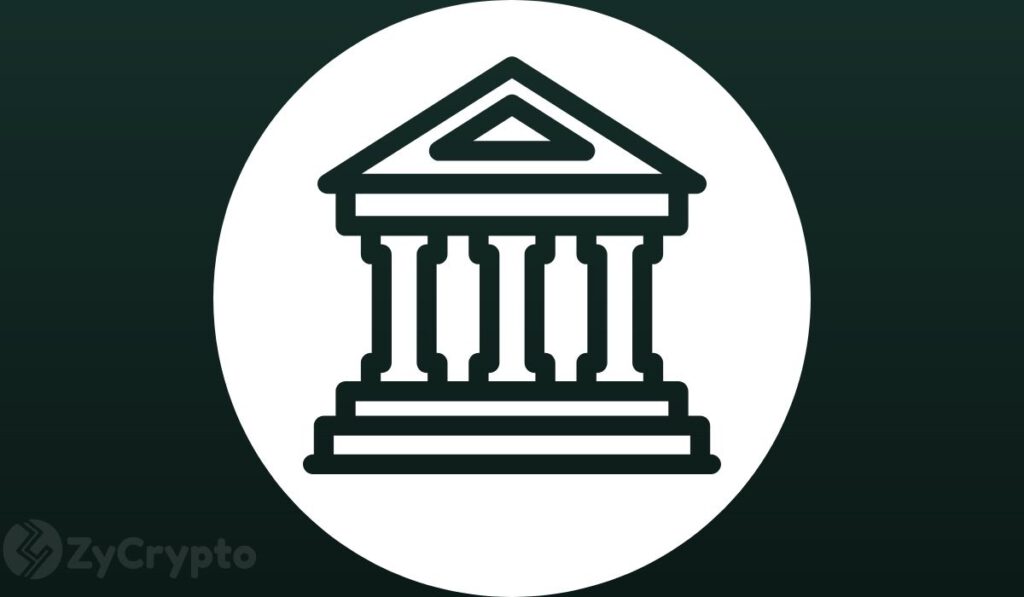The Central Bank of Sri Lanka has warned the public against engaging in crypto-related activities citing the lack of regulations and accompanying risks.
For the third time in less than three years, the bank stated on Tuesday that it had not issued any license or authorization to any firm to operate schemes involving Bitcoin or other cryptocurrencies. As per the posting, Initial Coin Offerings (ICO) or crypto mining operations and crypto exchanges remained unauthorized under the country’s laws.
“Virtual Currencies “VCs” are considered as unregulated financial instruments and have no regulatory oversight or safeguards relating to their usage in Sri Lanka.” Read the announcement. “The public is, therefore, warned of the possible exposure to significant financial, operational, legal and security related risks as well as customer protection concerns posed to the users by investments in VCs.” The bank added.
Local banks were also cautioned against facilitating crypto-related transactions through debit and credit cards, with defaulters likely to face harsh punishment under local financial regulations.
The latest warning comes after the country’s president fled last week following widespread protests calling for his resignation after he was accused of plundering the country’s economy, throwing it into its worst crisis since independence. Apart from the strongman’s claims of nepotism and corruption, his regime has been accused of introducing harmful tax policies that depleted government revenues, worsening the already ballooning inflation.
 
 
Last month, the country’s inflation rate jumped to an all-time high of 54.6% from 29.8% in the previous month, making it the largest inflation rate ever recorded. Furthermore, since March, the Sri Lankan Rupee has fallen over 43% against the dollar, hitting a historic low as the country’s coffers fail to meet debt repayment obligations.
However, crypto adoption, particularly for Bitcoin, has been on the rise despite the economy collapsing. Whereas the banks are prohibited from facilitating crypto transactions, Sri Lankans increasingly use Peer-to-peer (P2P) services from exchanges such as Binance and Paxful and social media pages to purchase crypto assets. According to data from Triple-A-a firm that, among others, tracks crypto adoption around the globe- 2.00% of Sri Lankans currently own cryptocurrencies, with adoption surging every day.
With most countries facing their worst economic crisis in decades, Bitcoin has been taking the spotlight, with crypto proponents claiming it is the best hedge against inflation. Centralized governments’ susceptibility to manipulation and control by currencies has put Bitcoin under the spotlight as the best hedge against inflation. Moreover, its value has increasingly been appreciated with its ability to purchase essentials.


